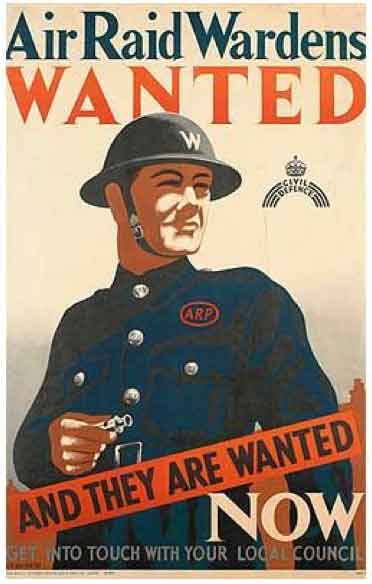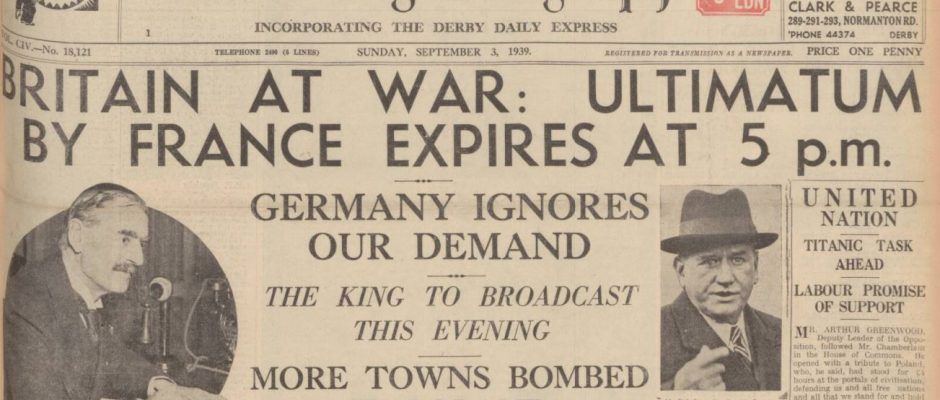On the 8th of January 1940 rationing was introduced in Britain. With over 70% of the food supply imported before WWII, the government decided to safeguard against any plots to starve Britain into submission by introducing the rationing scheme. The Ministry of Food’s explanation for the scheme was published in a number of newspapers: The new scheme was well documented across the newspapers… But there was reassurance that even the royal family was doing their bit for the war effort:
WW2
The bombing of civilian targets in Britain during the Second World War is now commonly referred to as ‘The Blitz’. The song ‘All Stick Together’ released by Ralph Butler in 1939 summarised the need for Britain to pull together as a nation against the threat of an invasion, and the ‘Blitz Spirit’ has gone down in history and is still invoked today in times of strife. However, whilst the vast majority of the population may have been sticking together, there …
Tags
Just a month after hitting the 9.5 million page milestone, we’re very pleased to announce that there are now 10 million historic newspaper pages available at The British Newspaper Archive. The website launched with 4 million pages in November 2011, which means there’s now 150% more to explore. If you’ve not searched the collection for a while, it’s definitely time to try again. Search the newspapers –> More to search and a great-value subscription It’s not just our …
Tags
Not only does 2014 mark the 100th anniversary of World War One, it is also the 75th anniversary of the start of World War Two. Britain declared war on Germany on 3 September 1939, following Nazi Germany’s invasion of Poland on 1 September. Take a look at the newspaper headlines from Sunday 3 September, announcing that Britain was at war once more. Search newspapers from World War Two Newspaper headlines from the beginning of WW2 Derby Daily Telegraph …
Tags
Today we commemorate the 70th anniversary of the D-Day landings. On 6 June 1944, Allied forces invaded Normandy which was, at that point, occupied by the German Army. It is estimated that over 8,000 people lost their lives on this one day. D-Day reported in British newspapers News of the invasion reached British newspapers during the day on 6 June 1944, so you’ll find initial reports in late editions or in the copies published the following day. Explore D-Day …
Tags
St George’s Day and the anniversary of Shakespeare’s birth both fall on 23 April. ‘There will be justice and victory’ This patriotic advert from Ford was published in The Yorkshire Post and Leeds Intelligencer to mark the day during World War Two. It states that ‘wherever the tongue of Shakespeare is spoken, there will be justice and victory’. View the whole newspaper page The Yorkshire Post and Leeds Intelligencer – Thursday 22 April 1943 Image © Johnston …
Tags
English writer Virginia Woolf committed suicide on 28 March 1941. She struggled with depression and was deeply affected by the Second World War. ‘I cannot go on’ Woolf left a touching note for her husband, saying ‘I owe all my happiness to you, but cannot go on and spoil your life’. Read the full transcript of her letter, as printed in the Gloucestershire Echo: View the whole newspaper page Gloucestershire Echo – Saturday 19 April 1941 Image © Local …
Tags
Here’s a charming wartime advert from 1944 for all of you celebrating St David’s Day today: The Sunday Post – Sunday 27 February 1944 Image © D.C.Thomson & Co. Ltd. Image created courtesy of THE BRITISH LIBRARY BOARD. View the whole newspaper page
Tags
On 27 November 1944, the underground ammunition store at RAF Fauld in Staffordshire blew up, killing 70 people and also creating ‘the Hanbury Crater’. It’s said that the explosion, which is also rumoured to be the world’s biggest non-nuclear explosion (there is some debate regarding this point), was heard as far away as Geneva. Here is a newspaper report about the tragedy, published the day after the explosion took place. Nottingham Evening Post – Tuesday 28 November 1944 Image © Local World …
Tags
In Berlin on 25 November 1936, Nazi Germany and the Empire of Japan signed the Anti-Comintern Pact. The alliance, which was renewed on 25 November 1941 (just two weeks before the attack on Pearl Harbor), was designed to protect both countries againt an attack by the Soviet Union. Here is a newspaper story – published on 25 November 1936 – that reports on the signing of the pact. Gloucester Citizen – Wednesday 25 November 1936 Image © Local World Limited. …



